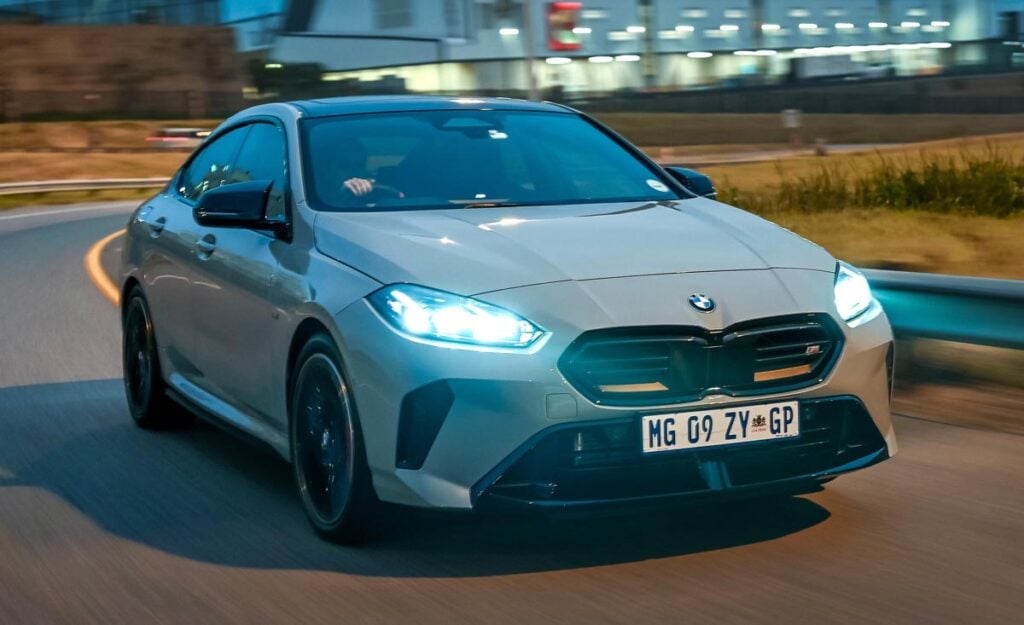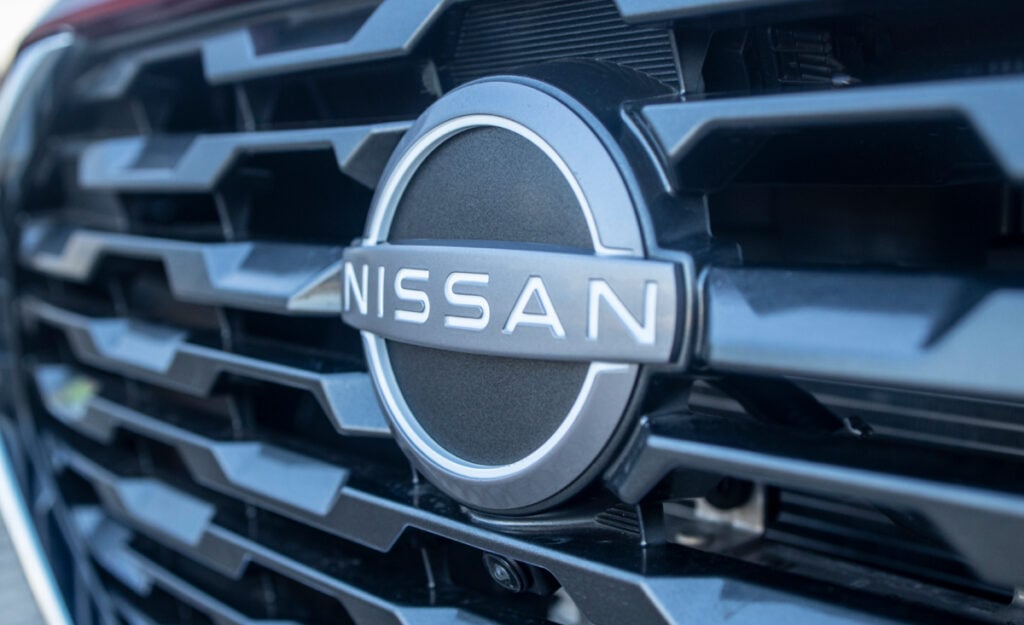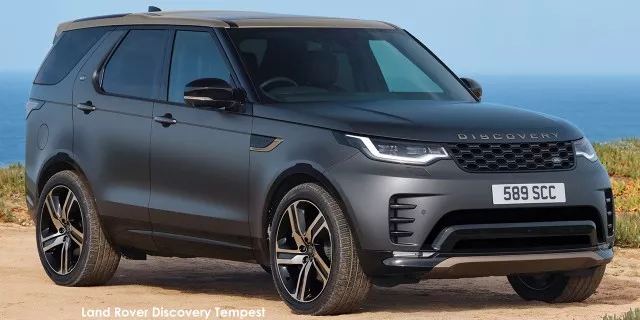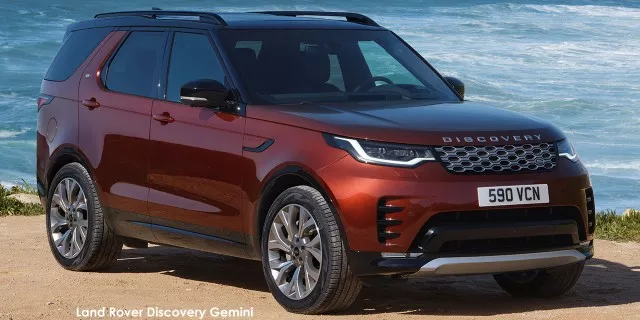
Used-car giant WeBuyCars (WBC) is assessing the viability of providing mechanical reports on its vehicles to potential buyers.
At present, the retailer issues roadworthy reports for all its vehicles through Dekra, which only confirms a a particular car’s safety and legal compliance for public roads as it stands before the assessor.
WBC stresses that a roadworthy certificate is not designed to evaluate the vehicle’s mechanical functioning.
Mechanical reports thus provide a detailed assessment of a car’s underlying condition, including potential issues and recommendations.
There have been several reports of WBC customers who were unhappy with their purchases after the vehicles received a supposed clean bill of health according to the Dekra roadworthy certificate.
There have also been claims of falsified information on Dekra reports on WBC vehicles.
However, while full mechanical assessments are in the pipeline for WBC, it’s not something that will be implemented soon as it is a difficult and costly investment.
Chief marketing officer Rikus Blomerus said that these reports are part of a “future plan” for the automotive retailer.
“We went to the US to investigate and so it’s not something that is going to roll out next week – maybe in three, four, five, or six months down the line, because it’s so important to us,” said Blomerus, as quoted by MoneyWeb.
A need for transparency
WBC sales director Janson Ponting noted that it would be of great assistance to the used-car industry if a database was made available showing which vehicles have been declared uneconomical to repair by insurance companies.
Many of the complaints WBC receive concern cars that were previously in an accident, which wasn’t declared when they purchased them.
However, roadworthy certificates do not determine whether a vehicle was in an accident before, and sellers are not privy to such information at the moment.
Ponting said the data is available, but is not being shared with industry stakeholders.
Furthermore, what is available, such as the South African Insurance Association’s (SAIA) Vehicle Salvage Database (VSD), is severely limited in scope.
Launched in September 2023, the VSD allows consumers to enter the VIN of a used vehicle they are interested in buying and find out whether it was previously written off by a SAIA member, which includes 57 insurance companies in South Africa.
While a step in the right direction, the VSD only covers vehicles that have been classified as Code 3 (rebuilt), 3A (spare parts only), and 4 (permanently demolished).
SAIA was supposed to launch the second phase of the VSD before the end of 2023, which would have included Written-off Code 2 cars as well, but it later confirmed that it would no longer be doing so.
According to SAIA, a Code 2 designation means a particular car had one or more previous owners, but that it wasn’t in a serious enough accident to be classified as a Code 3 or above.
It’s justification for no longer releasing this data was that doing so would “compromise those who buy these vehicles and safely undertake repairs to the manufacturer’s specifications.”
Ponting said that WBC would have readily disclosed this information to its customers if it had access to it.
“We don’t have access to that database, and we would disclose it, but the insurers protect that data,” he said.











